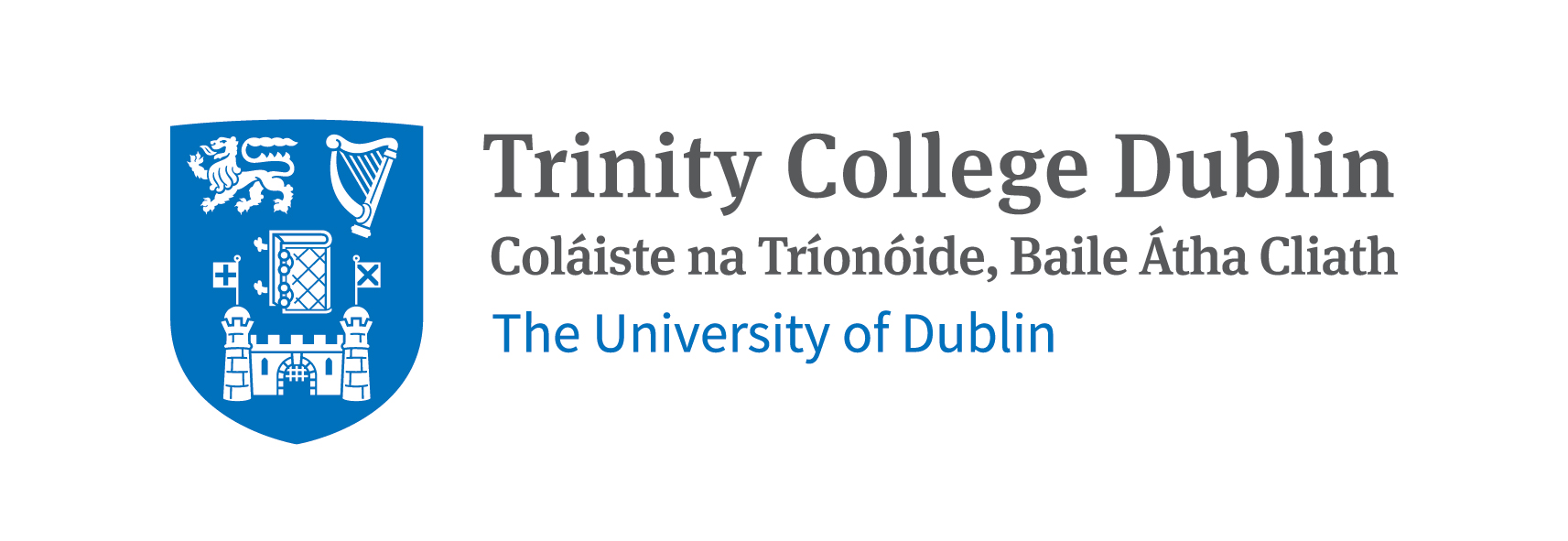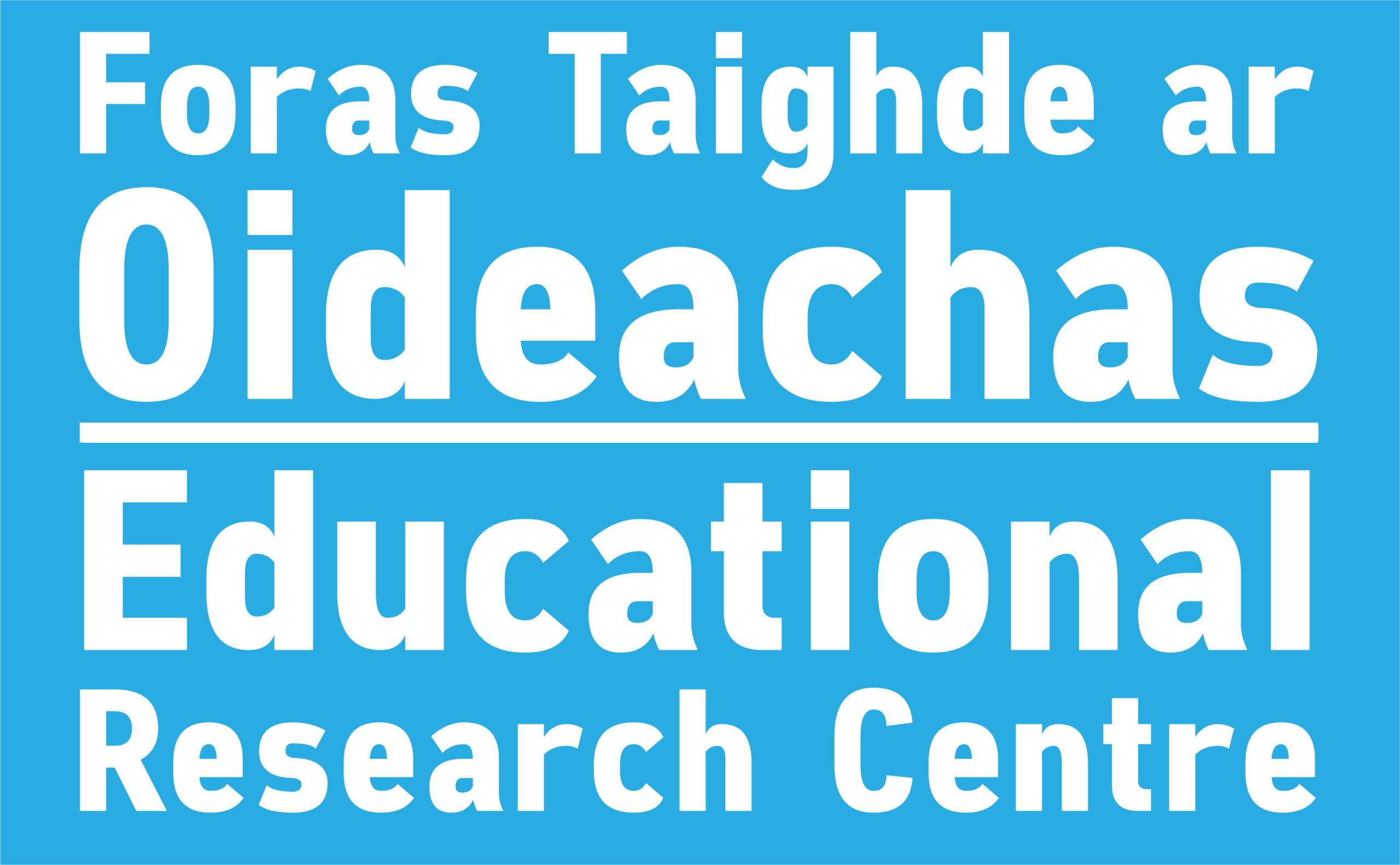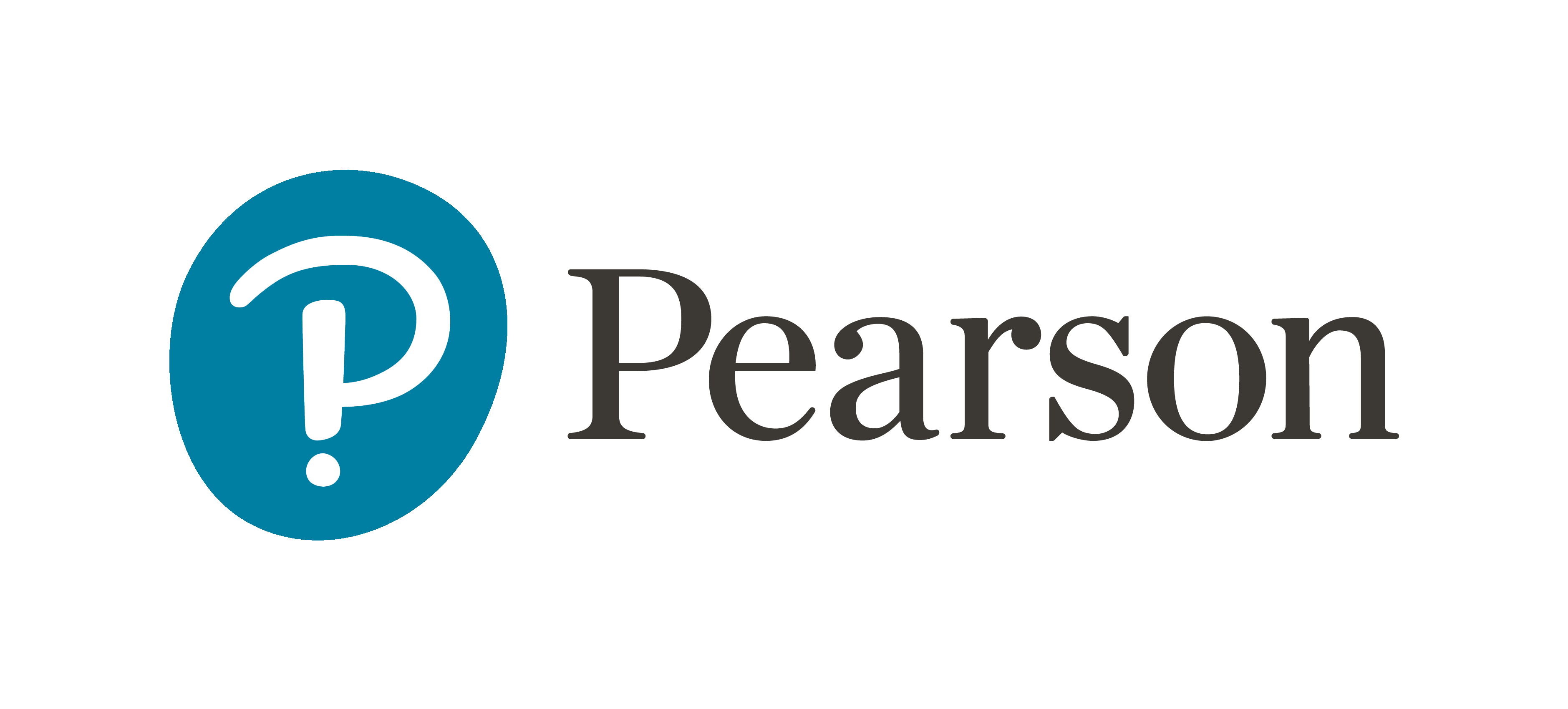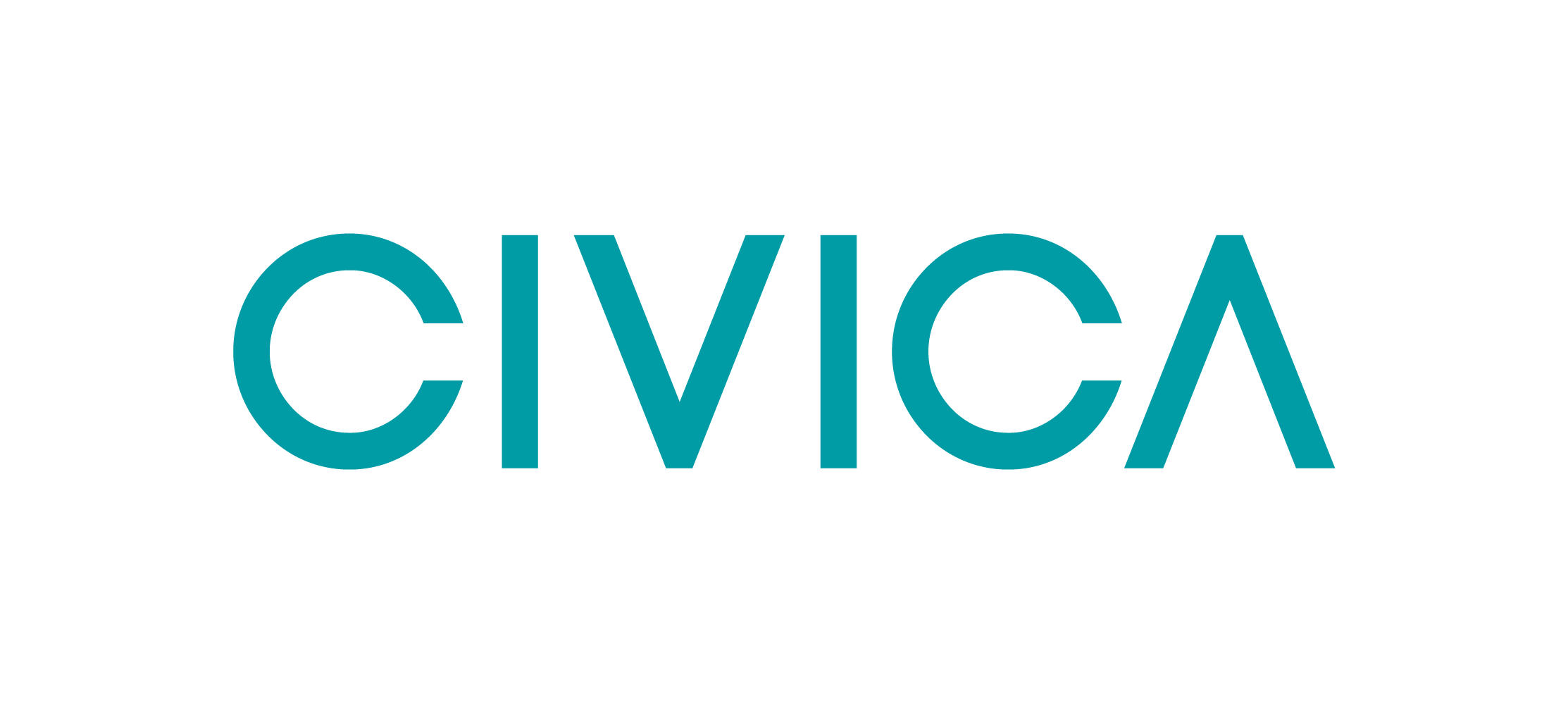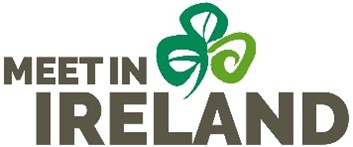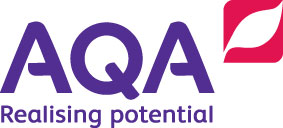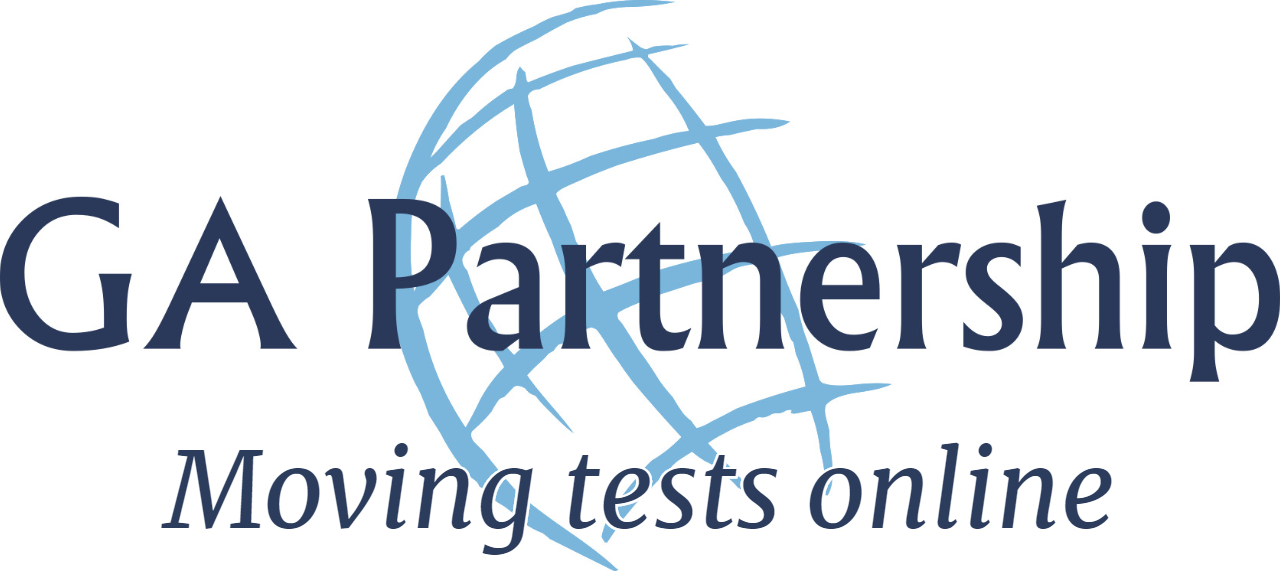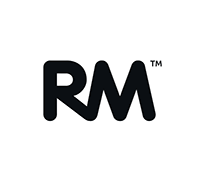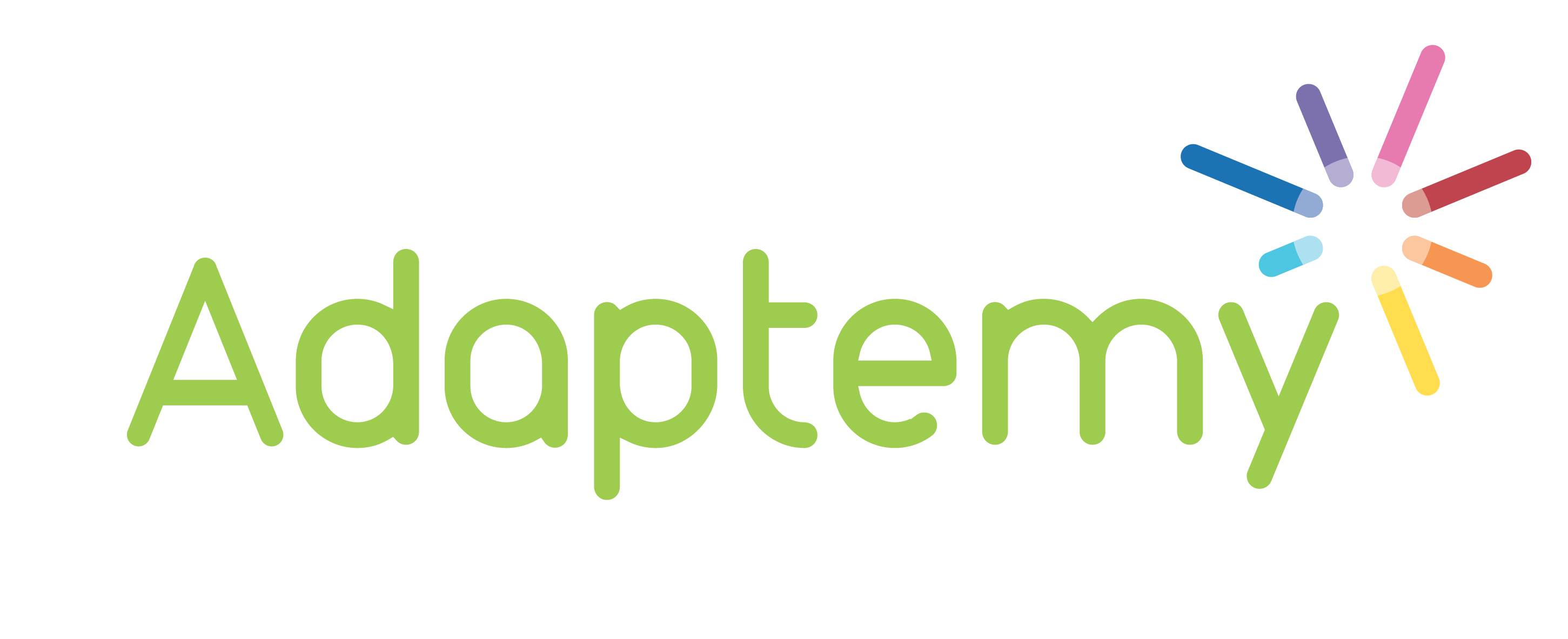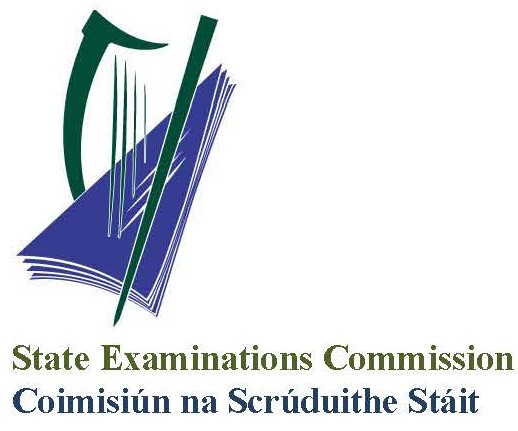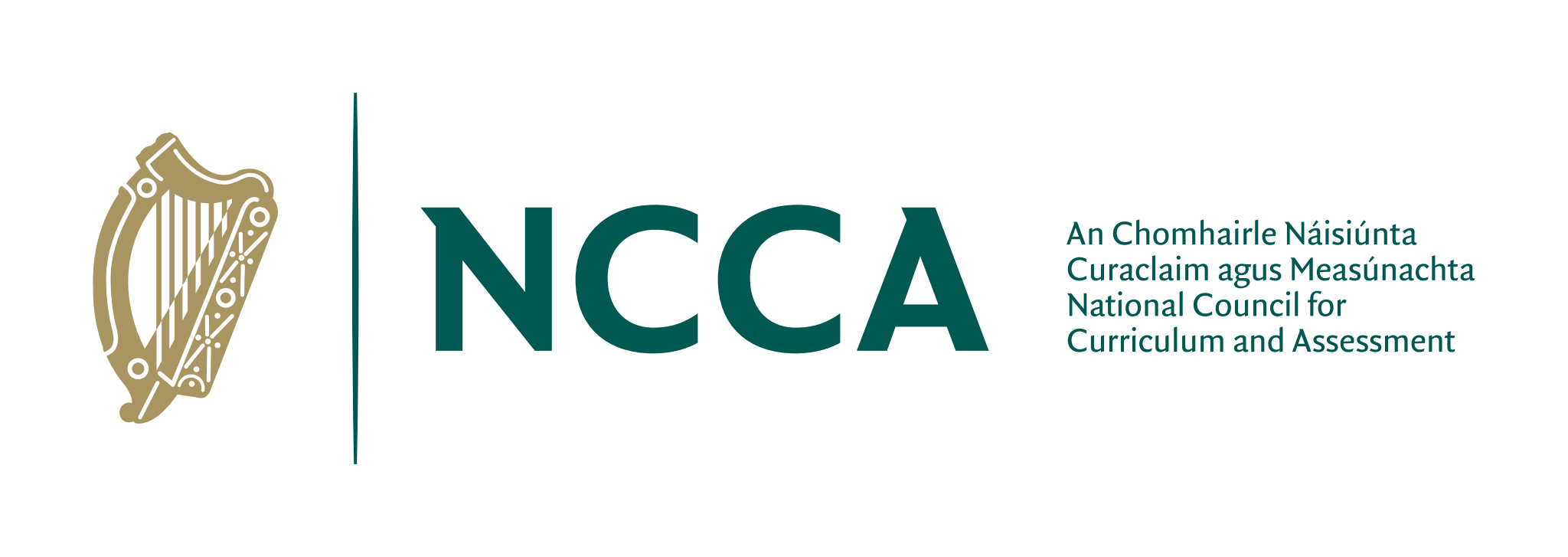The past two years have represented an inflection point for many aspects of living as society recognised, struggled with, and gradually overcame the challenges brought about by the COVID-19 pandemic and its aftermath. From health to economics to leisure, to education and more, long-established ways of doing were altered in response to the threat, which at the time of writing, is receding, in Europe at least. In the aftershock of such seismic disruption, we can reflect on where to go next—whether to return to previous ways of work, living and leisure, or whether to change what we do. The United Nations (2020) noted that the COVID-19 pandemic led to the largest disruption of education ever, with schools in over 160 countries closed, affecting over 1 billion students. In response, the UN highlight a generational opportunity to reimagine education, in terms of reopening schools, prioritising education in funding decisions, adapting education to those in greatest need and accelerating change in teaching and learning. Assessment goes to the heart of teaching and learning and any meaningful change in practice requires consideration of best options in assessment. Education planners, test developers, teachers and others can usefully reflect on the possible direction of travel for assessment in the coming years. Read More
The AEA-Europe conference in November 2022 provides a timely opportunity to take stock and reimagine assessment in a world where the certainties of the past decades have given way to a more uncertain environment. The past two years have shown society’s immense capacity to adapt in the short term, reflected also in the response of those involved in education and educational assessment. The task now is to determine to what extent such adaptions can and should form the basis for more sustained and systemic change in assessment.
Of necessity, many countries transitioned from using examination results to using teacher grades to certify student learning during the COVID-19 pandemic. The question now arises as to whether countries should revert to traditional practices around examinations (where a majority of marks in most subjects are awarded for performance on once-off written examinations) or whether the lessons learned during the pandemic can lead to better systems for certifying student learning. A key issue is whether better-designed and implemented moderation systems could reduce the risk of grade inflation, and allow a greater role for the grades assigned by teachers in the examination and certification process going forward. The debate on the role of traditional examinations in certifying students’ learning is not confined to measurement specialists. Any proposed system must acknowledge the views of key stakeholders, including politicians, policy makers, institutes of higher education, parents, teachers, students and the general public, though it is not always possible to satisfy everyone. This was clearly evident in the political decision to abandon standardised grades in favour of teacher-assessed grades in England and other countries within the UK in summer 2020, where students, parents and (by extension) politicians were concerned about inconsistencies (unfairness) in standardised grades, even if those grades would have reduced grade inflation. Current efforts to reform the Leaving Certificate examination in Ireland and similar examinations in other European systems will need broad approval by key stakeholders if those efforts are to meet with success.
Efforts to reform assessment are not confined to high-stakes terminal examinations. Indeed, changes to assessment across educational systems were evident before the pandemic in 2020, and these can be expected to continue. For example, the transition to computer-based assessment in many countries, and the greater use of adaptive testing, can be expected to continue. These trends are occurring in a context in which students’ use of technology, both at school and at home, is steadily increasing, meaning that learning itself is gradually changing. Changes to assessment are also driven by considerations about the role of assessment in society and its effects on students, including its effects on socio-economically disadvantaged students, and those with disabilities and learning difficulties. National and international assessments, designed to monitor trends in performance over time in primary and post-primary settings, were put on hold during the pandemic, and are now re-emerging. The question now arises as to how these assessments will evolve in the future, given technological change, as well as broader mind-set changes in education, reflecting these uncertain times and potential future disruption.
Inevitably, the question of what should be assessed, whether in examinations, or in assessments more generally, is also coming to the fore. The emerging emphasis on student welfare in many countries at all
levels of education has led to calls to re-consider the effects of once-off tests and examinations on students’ well-being, including their stress levels. A clear implication of this is the greater use of alternative assessments throughout the school year to ascertain students’ achievement levels. The 21st century skills agenda is also likely to emerge again as the pandemic recedes, and it raises questions about what specific skills should be assessed and valued at all educational levels, ranging from proficiency in digital literacy, ability to solve complex problems, application of skill to real-life contexts, motivations and attitudes, personal resilience, and ability to learn independently.
The adoption of digital teaching and learning resources and approaches in educational settings continues apace in many education systems, though some lag behind. To date, there has been some mismatch between the ways students learn and how they are assessed, especially where paper-and-pencil tests and assessments are used to monitor learning. Playing catch-up, educational institutions and authorities have embraced digital assessment solutions with greater enthusiasm, spurred on, in part, due to the pandemic. Across education levels, learners now engage with digital formative assessments that provide instant feedback and students submit work online that is assessed remotely by teachers or expert raters. Advances in AI, applied to assessment, hold promise of further automation of grading and the provision of personal learning solutions to students. Technical advances in the capture of process data make possible the deployment of learning analytics at scale in schools, higher education institutions and other learning settings. The advances are not without challenges. Digital poverty—the limited availability of hardware, software or internet access for many students—can exacerbate rather than reduce inequality in education. Remote proctoring—essential for live online high-stakes exams—introduces possible privacy issues and increased anxiety for students and can involve security and fairness issues for tests and other modes of assessment.
Any of the above opportunities and challenges associated with assessment can invoke concern or alarm amongst students, parents, teachers and other stakeholders. Casting aside long-held practices requires careful messaging so that those affected by change come to believe in and embrace the proposed developments and solutions. Failing to convince teachers in Ireland, for example, that teacher grading of student work would result in credible national awards at secondary level, resulted in bruising conflict between the State and teacher unions. Education authorities in Scotland were unable to convince public opinion in 2020 that calculated grades, statistically adjusted to attenuate grade inflation, were a sound basis for providing student grades at the end of secondary education. Such instances illustrate the need to balance the technical/psychometric requirements associated with assessment with end-user and public acceptance of changes in practice. Greater attention to student and parent voice in educational policymaking generally in many systems has implications for assessment policy, practice and reform. Winning the hearts and minds of stakeholders and framing media commentary so that it accurately but simply reflects a critical discourse on assessment reform are essential to creating healthy dialogue about next steps in assessment.
The process of actualising new visions in relation to education more broadly offers salutary reminders to the assessment community that the road to change is neither short nor straight. We know from the educational change literature that reform is complex, it can get messy and individual actors and groups of actors can reinterpret the change to suit the contexts in which they work. Thus, any attempt to re-envision assessment in meaningful ways requires understanding of and commitment to the process of systemic reform. This may have implications for wider curriculum reform, for teacher capacity and development, for amendments to initial teacher education, in addition to providing adequate resources and time to embed the reform in practice.
Questions of Interest
The AEA-Europe conference 2022 offers delegates the chance to re-envision assessment purposes, forms and practices that are fit for purpose in the current era. Questions of interest include:
1. To what extent will assessment practices return to pre-pandemic formats or is there an impetus for real change?
2. What are the key drivers of change in assessment, reflected in social and political pressures, technical developments, and evolution in policy and debate about the broader role of assessment in education?
3. What changes are envisaged in terms of what is assessed, how and when assessment is undertaken, and who is best placed to assess students’ work?
4. How can we take maximum advantage of emerging developments in technology to bring about real change in assessment that reflects the digital world in which students learn and live?
5. How do we involve all stakeholders and communicate effectively in framing new visions of assessment?
6. How can we create the conditions and cultures to actualise new visions for assessment and enable them to flourish?
The conference theme for 2022 builds on the theme for the 2021 online conference. It reflects, however, a more future-oriented outlook that, while recognising the disruptive impact of the COVID-19 pandemic, invites the assessment community to reconceptualise assessment for a hopeful future where uncertainty is expected, embraced and managed. It is said that ‘one should never waste a good crisis.’ We have had the crisis, so now is the time to build positively from it by coming together in Dublin and reflecting as a community on the next steps for educational assessment.








